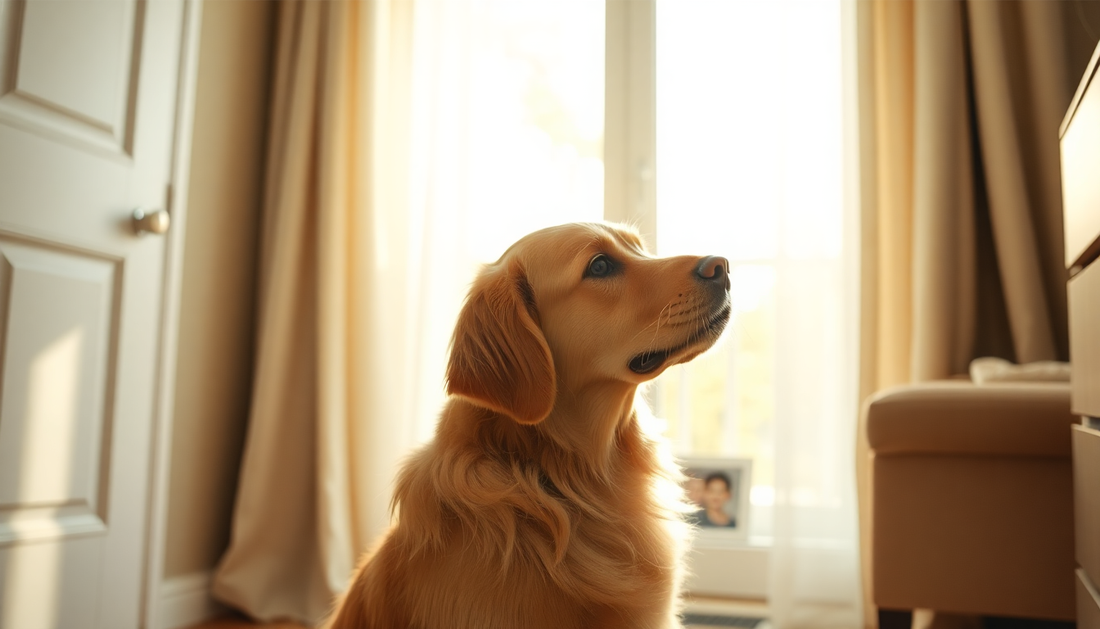
7 Common Causes of Anxiety in Dogs (and How to Calm Them)
Share
As pet owners, we want our furry friends to feel safe, secure, and happy. However, dogs can experience anxiety for various reasons, which can lead to distressing behaviors and an overall decrease in their well-being. Understanding the common causes of anxiety in dogs is the first step in helping them overcome their fears and find calm.
Loud Noises
Thunderstorms, fireworks, and even household appliances can trigger anxiety in dogs. The loud, sudden sounds can be overwhelming and cause them to become agitated, hide, or even try to escape. To help soothe your pup during these episodes, try creating a cozy, quiet space for them to retreat to, and consider using calming aids like pheromone diffusers or anxiety wraps.
Separation Anxiety
When left alone, some dogs experience intense distress, leading to destructive behaviors like chewing, barking, or even self-harm. To address separation anxiety, gradually acclimate your dog to being alone, and consider leaving them with engaging toys or calming music to help ease their anxiety.
Changes in Routine
Dogs thrive on consistency, and any disruption to their daily routine can cause them to feel anxious. Whether it's a move to a new home, a change in their caregiver's schedule, or the introduction of a new family member, these changes can be unsettling for your pup. Try to maintain as much of their routine as possible and introduce changes slowly to help them adjust.
Fear of Strangers or New Environments
Some dogs are naturally more cautious or fearful of unfamiliar people, animals, or places. Gradual exposure and positive reinforcement can help build their confidence and reduce anxiety in these situations.
Lack of Exercise or Stimulation
A bored or under-stimulated dog is more likely to develop anxiety. Ensure your pup gets plenty of physical and mental exercise, such as daily walks, playtime, and interactive toys, to help them feel fulfilled and content.
Medical Issues
Underlying health problems, such as pain, illness, or cognitive decline, can also contribute to anxiety in dogs. If you notice any changes in your dog's behavior or well-being, it's important to consult with your veterinarian to rule out any medical causes.
Trauma or Abuse
Dogs who have experienced traumatic events or abuse may develop anxiety as a result. This can manifest in a variety of ways, from fearfulness to aggression. With patience, understanding, and professional support, these dogs can learn to trust again and overcome their anxiety.
Remember, every dog is unique, and what works for one pup may not work for another. It's important to pay attention to your dog's individual needs and work closely with your veterinarian or a certified animal behaviorist to find the best strategies for managing their anxiety. With the right approach, you can help your furry friend feel safe, secure, and ready to enjoy life to the fullest.
